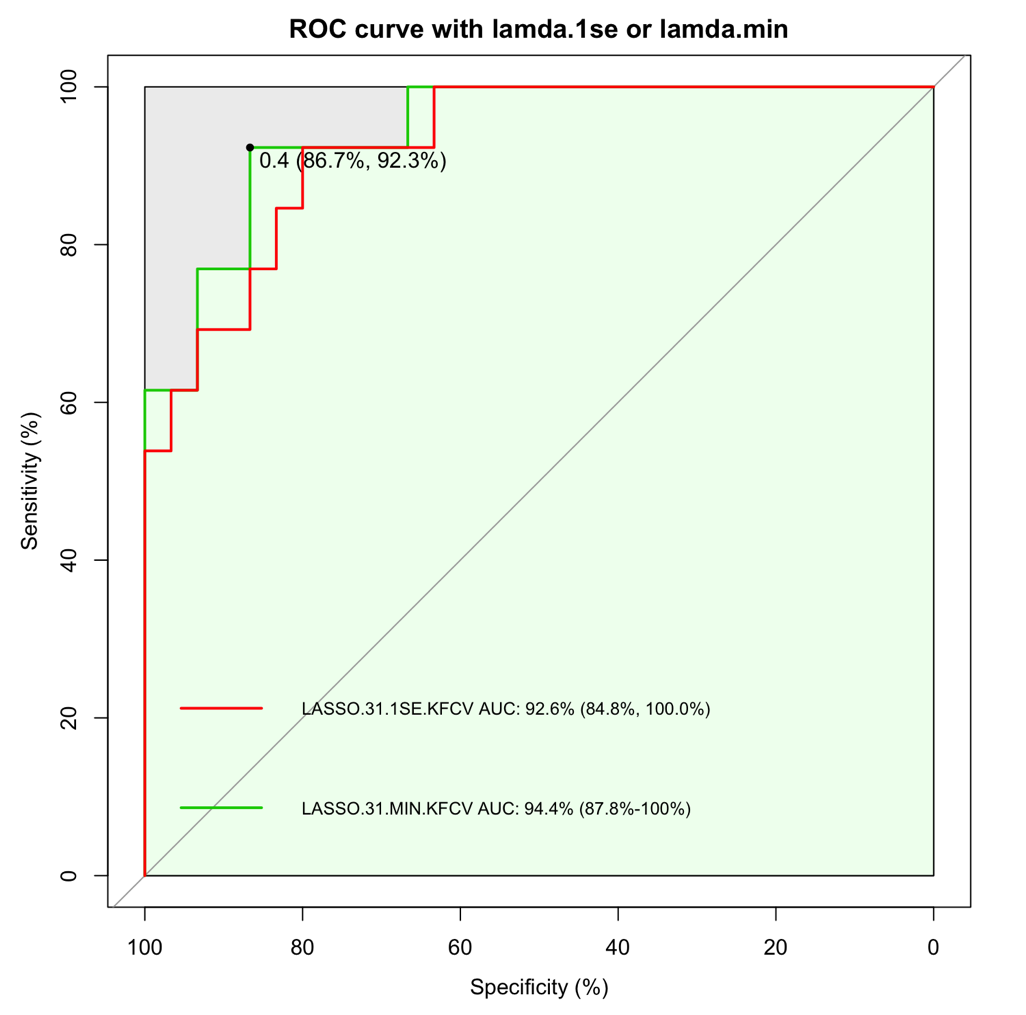Prediction of Renal Allograft Tolerance by Machine Learning
Q. Fu1, K. Deng2, H. Yang1, S. Deng1, J. F. Markmann2
1Organ Transplantation Center, Sichuan Provincial People's Hospital, University of Electronic Sciences and Technology of China, Chengdu, China, 2Center for Transplantation Sciences, MGH, Boston, MA
Meeting: 2021 American Transplant Congress
Abstract number: 313
Keywords: Tolerance
Topic: Clinical Science » Organ Inclusive » Machine Learning, Artificial Intelligence and Social Media in Transplantation
Session Information
Session Name: Disparities in Access and Machine Learning Outcomes in Solid Organ Transplantation
Session Type: Rapid Fire Oral Abstract
Date: Tuesday, June 8, 2021
Session Time: 4:30pm-5:30pm
 Presentation Time: 4:50pm-4:55pm
Presentation Time: 4:50pm-4:55pm
Location: Virtual
*Purpose: An ideal goal of transplantation is to withdraw or minimize immunosuppressants via the induction of tolerance to overcome drug toxicity, prolong allograft survival, and improve the quality of patient life. Many efforts have been taken to find the potential biomarkers for tolerance using the limited number of patients due to complicated mechanisms underlying tolerance and the potential risk of rejection after immunosuppressant withdrawal. Through comparing high-dimensional genome-wide expression data with machine learning algorithms potential biomarkers for allograft tolerance can be found.
*Methods: Several databases were combined based on the same platform (GPL570), performed, and compared 14 different machine learning models for tolerance prediction using peripheral blood mononuclear cells (PBMCs).
*Results: The Ridge regression was the most powerful method with a specificity of 90.0% and a sensitivity of 92.3%. Additionally, we identified an 8-gene feature (TCL1A, IGHG1, VPREB3, Septin9, TUBB2A, CCR2, RBM14, and WASL) using the Lasso model, 3 of which were B-cell-related, obtaining a similarly accurate performance with a specificity of 86.7% and a sensitivity of 92.3%. This 8-gene signature accurately differentiated tolerant patients from stable patients in a second validation group.
*Conclusions: The Lasso regression model may provide an indication for clinicians to determine the right time for immunosuppressant withdrawal with a low risk of rejection or immunosuppressant side-effects.
To cite this abstract in AMA style:
Fu Q, Deng K, Yang H, Deng S, Markmann JF. Prediction of Renal Allograft Tolerance by Machine Learning [abstract]. Am J Transplant. 2021; 21 (suppl 3). https://atcmeetingabstracts.com/abstract/prediction-of-renal-allograft-tolerance-by-machine-learning/. Accessed February 8, 2026.« Back to 2021 American Transplant Congress

